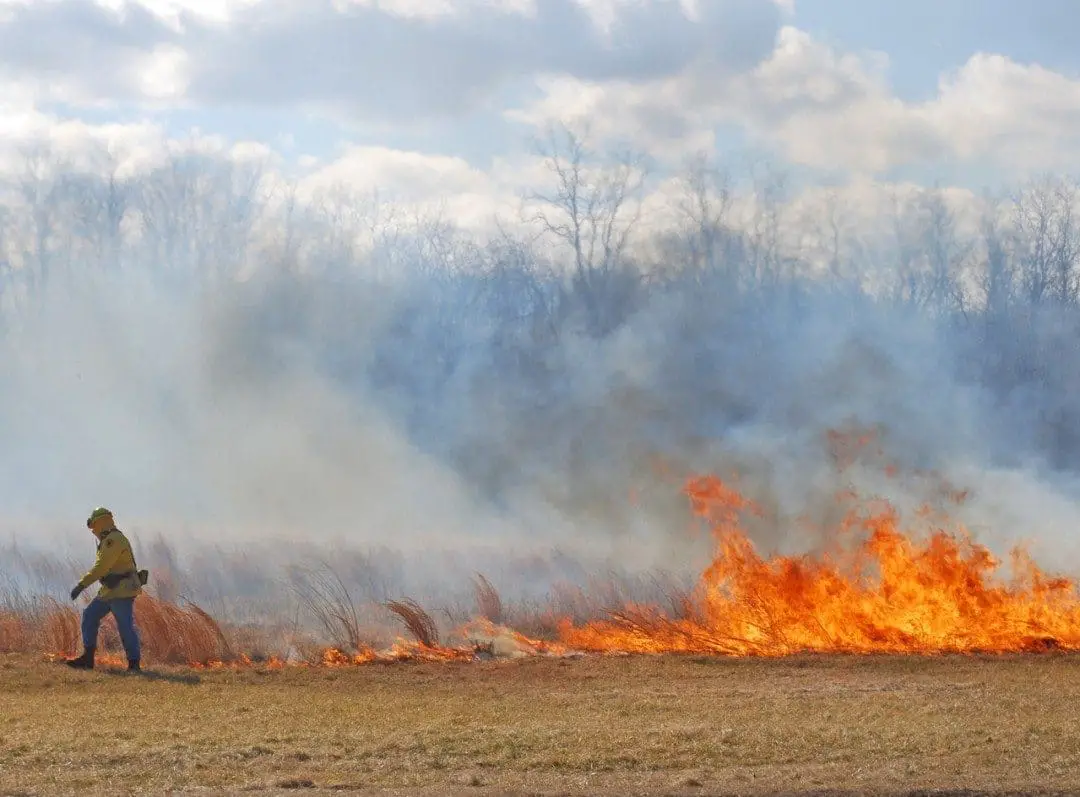Trembling With Fear 09/24/2017

If you go down to the woods today … well actually I feel as though I’ve spent a lot of time in the woods lately. A number of recent submissions have used them as both setting and title causing me some confusion when it comes to responding to the correct authors. It also means I’m somewhat jaded when I come to read yet another story of this ilk. Whilst I have nothing against the woods themselves, the trees after all are our saviours on this planet, I would like to see contributors branch out (bad pun, I know) and try other settings. I don’t think I’ve had a story set in the desert yet, or the bottom of the ocean, or the mouth of a volcano …
Having said all that, I’ve just realised my last story entered at microcosmsfic.com actually drifts into the woods as well. I seem to be as guilty as anyone else. We need to get out of this mindset, after all, it’s a big wide world out there. So that’s my challenge, to you and to myself, – don’t go down to the woods today, give them a break and try another setting.
‘Trembling With Fear’ Is Horror Tree’s weekly inclusion of shorts and drabbles submitted for your entertainment by our readers! As long as the submissions are coming in, we’ll be posting every Sunday for your enjoyment.

Weeds
We kill all the grass again on Monday.
We do this after throwing black fabric shrouds over the roses, which have begun to shoot new leaflets, red and webby, like witches’ brooms on fire; after Father breaks his back digging trenches for the pachysandra; after Ma sets fire to the vegetable garden. The roses are the most tenacious—prickly thorns clawing and tearing at the blackout material. We don’t need to worry about the trees anymore: they were the first to go. That was a job, felling those trees.
The Sandersons across the street work their yard in the same way—they’ve got almost an acre. We never see them sitting still, but all this weekend their house has stood dark and silent. Even the lone crow who used to hang out on their satellite dish hasn’t appeared since Friday morning.
In the kitchen, Ma gets out the can-opener and slices the lids off our last five tins of beans and Vienna sausages, checking the production date before spooning the mess into a bowl. Black beans this time, flavored with rancid spices and the remaining dried herbs, now tasteless as dust. We complain about the herbs, but Father assures us they’re edible—if you can call dust edible—since anything harvested before should be safe. The sausages are as flavorless as baby’s fingers, which is a good thing if you’re living on a diet of them. Also, this is the last real meat we’ll have; all that’s in the markets now are genetically-engineered cow and pig parts.
When Father says ‘before,’ he means when Sal and I were still in school, back when reading and writing and working our way through useless pre-algebra problems were all more important than covering up anything green. Did you ever wonder why poisons in fairy tales are always green? It’s the plant matter, I think. Was. Is.
We tried goats, like everyone else. For a while, a real goat love-fest took over the neighborhood, thanks to news reports urging us on and a healthy—what a word—goat subsidy from the government. Golden Guernseys, Nigerian Dwarves, Belgian Fawns—you name a breed and some specimen would be chomping away in a yard on Sycamore Street. We had three at the beginning; the Sandersons maybe a dozen. The Sandersons are rich, or they used to be, back when they still had the organic produce chain of stores. Anyway, the goats lasted all of two months. When Ma found our last Golden Guernsey tits-up in a forest of rampant ivy, she set a blow torch on the entire backyard and then set to emptying out the crisper drawers in the fridge. Everything went onto the burn pile: lettuce, celery, carrots, a few onion halves in zip-lock baggies. And the goat, of course.
Sal told me that Mr. Sanderson told her that it was all Monsanto’s fault, but Father blames the Miracle-Gro he and Ma used to pour on everything until the leaves dripped chem-blue. The old guy who ran the garden store (now he only stocks cordite and lighter fluid, and he’s doing a hell of a business) swears it was the Round-Up. I don’t believe a word of it; I think the plants just got smart. You know how they say there’s a season for everything Why the hell not plants?
After dinner, Sal wants to take Dudley for a walk. She’s allowed to go, as long as I go with her and we stay on the asphalt, avoiding cracks and potholes—anything where a resolute root might seek out the last remaining rays of sunlight. Dudley’s seventy-five pounds of yellow lab, and dumb as a box of rocks, but he’s smart enough to know not to root around in anything vegetal. Still, this dog’s got a nose on him, and pulls at his lead, dragging us across a street named for the canopy of sycamores that shaded it, until we’re at the edge of what used to be the Sandersons’ lawn.
It’s a sea of organic matter, burnt black. And it’s moving.
“Come on, Duds,” I say, fighting the pull until the lead is taut as a highwire. My effort’s wasted; Dudley’s retriever instinct—plus his seventy-five pounds—forces us deeper along the flagstone path toward the open front door. Sal and I navigate the gauntlet of crabgrass and weeds poking up through the gaps in the stone like football players doing that tire drill. Around us, the lawn roils as wickedly sharp blades push their way out of the earth, tiny green serpents’ tongues of grass.
Dudley charges on, up the porch steps, and drags me into the Sandersons’ living room, his nose quivering at the smell of raw flesh. An arm lies limp in one corner, webbed with the tendrils of a spider plant. The rest of Mr. Sanderson is scattered about, parts of him entwined with ivy, his hair threaded through a fern’s feathery fronds. There’s a stink in here, the kind of rot from the bottom of a flower vase that’s been forgotten.
“Sal!”
There’s no need to scream. Sal’s already out the door, Mary Janes rattling the wooden boards of the porch. I hear a snap and a gasp, and turn in time to see her trip over a stray vine, its blackened stalk sprouting leaves like a time-elapse nature video. She falls face down into the lawn, now a writhing carpet of green, Dudley at her heels, ever faithful, ever stupid.
We bury Sal and Dudley in the charred earth of the burn pile, and we kill all the grass again on Tuesday.
Christina Dalcher
Christina Dalcher is a theoretical linguist from the Land of Styron and Barbecue, where she writes, teaches, and channels Shirley Jackson. Find her sometimes-prize-winning work in The Molotov Cocktail, Maudlin House, and New South Journal, among others. Laura Bradford of Bradford Literary Agency represents her novels. You can follow her work at: www.christinadalcher.com.

Choosing
Dr. Samuels scanned the waiting patients through the two-way mirror in the clinic. Mrs. Douglas had gained more weight and some members of his club did so enjoy robust dumplings. Young Johnson’s sparkling blue eyes would make an appealing addition to the hors d’oeuvre plate. Laura’s legs looked so tantalizing in their sheer nakedness. Decisions, decisions.
Samuels knew he needed an extra special entrée after Dr. Tittle’s near piece de resistance at last month’s gathering. Samuels almost salivated at the delicious memory. He smiled and thought this month’s menu could be a three-for dish. Yum!
Tim J. Finn
Tim J. Finn was born in Boston and still calls the area home sweet home. He shares that home with a massive assembly of collectibles…his living room is a combination library and museum.
Tim’s non-writing jobs have included radio disc jockey, office temp, short order cook, data entry clerk and front desk receptionist. He is a member of the New England Horror Writers and the Horror Society and holds a BA in English from Grinnell College.
You can find out more about Tim at his homepage.
Metronome
‘Sir, using the metronome’s ticking we’re able to manipulate the alien and control its heartbeat.’
‘It’s safe to be in here?’ Why not use a computer?’
‘Only works with a localised, analogue sound. We’ve sedated it.’
‘So, we can finally kill them?’
‘In theory. We have been awaiting your arrival.’
The general pinched the pendulum and held it for a moment.
They weren’t the only ones waiting. The alien burst free of its restraints, tearing them all to pieces. Its teeth punctured the human leader’s flesh in time to the slow, swooping ticks of the redundant blood-stained metronome beside it.
Paul Isaac
Paul Isaac is an aspiring writer from Berkshire, UK. Though his short fiction has appeared on the shortlist in a few competitions, his list of accolades currently includes just one outright victory. A very short list then. Short, much like the drabble that helped him achieved it. He is currently working on several larger projects, which he flits between at will as he searches for the discipline to stick to one of them, and is actively trying to remove the phrase ‘You have to strike whilst the iron’s hot!’ from his vocabulary…
You can find out more about Paul at his homepage.
The Dead Of Night
Hundreds of creatures hover around my bed, eyes glowing as they screech in stomach churning unison.
Half man, half bird, decaying lumps of flesh hang from their bones, a seeping trail dripping from the span of wings.
Wings consuming me in an amorphous mass while they peck at my flesh with their razor sharp beaks.
Petrified.
Silenced.
I am unable to muster a sound.
Yet by morning’s light the night’s events are forgotten, leaving me puzzled as to where these weeping sores come from.
Until darkness falls anew and I recall precisely why the dead of night terrifies me so.
CR Smith
CR Smith is a student of Fine Art. She splits her time between art and writing and is aiming to combine the two at some stage. Her work has appeared both online and in print and she has a story in The Infernal Clock.
You can find examples of her work here https://crsmith2016.wordpress.
Last Will And Testament
Will sat in his father’s chair. Finally the estate had come to him, just as his mother had promised. His elder siblings had been surprisingly relaxed about their disinheritance, betrayed no resentment. And James, usually so possessive of his beloved hounds, insisted Will inspect the pack.
“No time like the present,” said James.
Will glanced out the window. It was late but a full moon was promised. They went out into the yard. Surprisingly, the huntsman was there but no dogs.
“Where are the hounds?” he asked.
“Oh, they’ll come,” said James as silver light washed over him. “They’ll come.”
Stephanie Ellis
Stephanie Ellis is a Teaching Assistant in a Southampton secondary school but previously worked for many years as a technical author. Her genre fiction short stories have found success in Massacre and Sanitarium magazines as well as a variety of horror anthologies. She is also an active member of theFlashDogs flash fiction online community where most of her contributions are of the darker kind. Also, co-curator and co-editor at The Infernal Clock.
She’s also our editor for Trembling With Fear!
You can find out more about Stephanie at: http://stephellis.weebly.com/.
- About the Author
- Latest Posts
Stuart Conover is a father, husband, published author, blogger, geek, entrepreneur, horror fanatic, and runs a few websites including Horror Tree!












